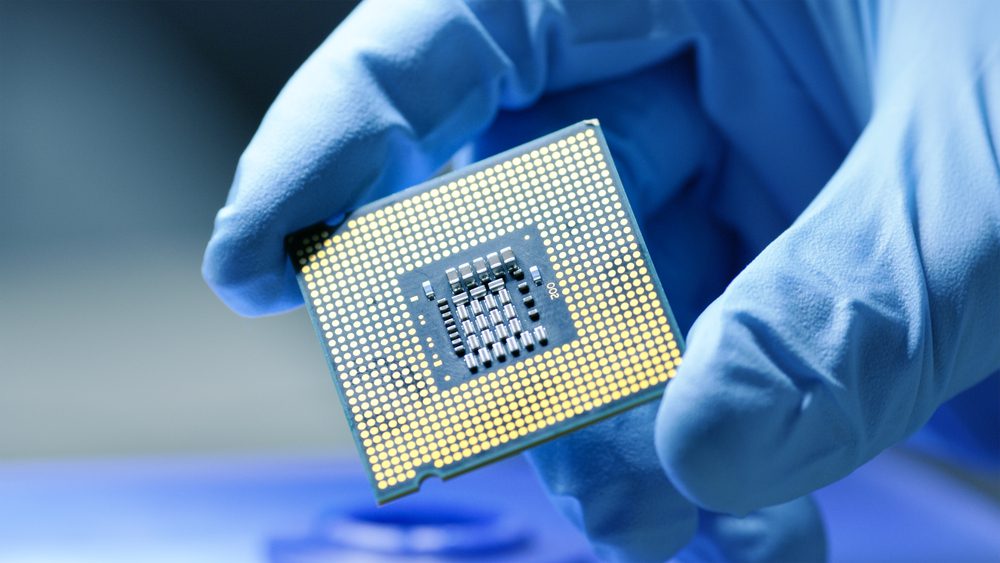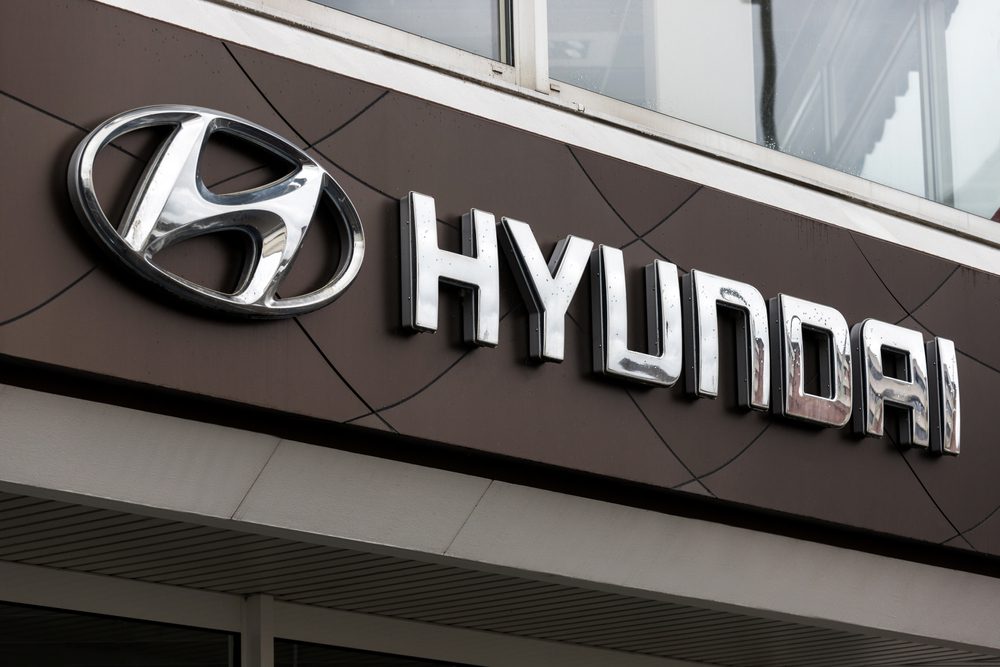On a conference call Tuesday, Hyundai Motor Co. expressed hope that the global chip shortage would abate through the second quarter of 2022. It comes after an earnings announcement that saw Hyundai’s forecasted profit halved in Q4, triggering a mild slide in stock prices.
After predicting sales of more than 4.3 million units worldwide through 2021, Hyundai fell short by more than 400,000 units. In China alone, sales slid by 43%. Combining losses due to pandemic lockdowns in key areas as well as chip shortages that continued to plague the industry, the lost business slashed Q4 profits. Combined with corporate tax payments, Hyundai ended the quarter down nearly 50% for the quarter.
On the earnings results, shares in the tenth-largest carmaker slipped by 3.6%, the largest decrease seen since October. By the close of markets, Hyundai’s shares rebounded to close the day down 1.3%.
Bright outlook
Despite a less than optimal sales performance in 2021, Hyundai and sister brand Kia are expecting big things through 2022, particularly in the second half of the year. The Omicron variant is still expected to disrupt chip production through the first quarter, but positive movement in global chip supply is hopeful beginning in the second quarter and accelerating through the second half of 2022.
| Related: December auto sales underwhelm due to shuttered supply chain |


Looking through the calendar year, Hyundai and Kia are forecasting a combined increase in global sales of 12.1% to just shy of 7.5 million units. It’s an aggressive jump considering a 4% dip in 2021 compared to targets. In North America alone, Hyundai expects 20% more sales in 2022 than last year.
Hyundai is far from the only carmaker expecting to set new records this year. Toyota also forecasts record production worldwide through 2022 of 11 million units, assuming that chip production stabilizes. That’s despite both Toyota and Honda reducing production in January because of both COVID and part supply-related issues.
An analyst at Eugene Investment & Securities, Lee Jae-il, said, “It is still difficult to forecast how the chip shortage will pan out … also there will be other uncertainties involving the spread of the Omicron variant and potential issues related to Ukraine tensions.”
Price increases expected by some
The return to full production may be met with another byproduct: higher prices. Along with constraints in chip production, carmakers like Hyundai have been hit with increasing costs in raw materials. In November, Hyundai remarked that iron ore prices had increased by 63% in Q3 2021 compared to a year earlier, and aluminum had increased by 40% over the same time period. Copper also jumped by 48%.
Those cost increases are all but guaranteed to be borne by the consumer with higher sticker prices likely coming. Hyundai is not unique – costs have jumped industry-wide and most carmakers are seeing their margins slip.
While chip production is expected to rebound and sales return to higher volumes, car buyers could be paying even higher prices.
Did you enjoy this article from Jason Unrau? Read other articles on CBT News here. Please share your thoughts, comments, or questions regarding this topic by submitting a letter to the editor here, or connect with us at newsroom@cbtnews.com.
Be sure to follow us on Facebook and Twitter to stay up to date or catch up on all of our podcasts on demand.
While you’re here, don’t forget to subscribe to our email newsletter for all the latest auto industry news from CBT News.










